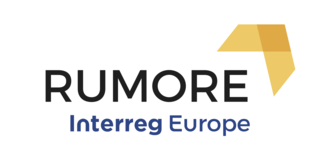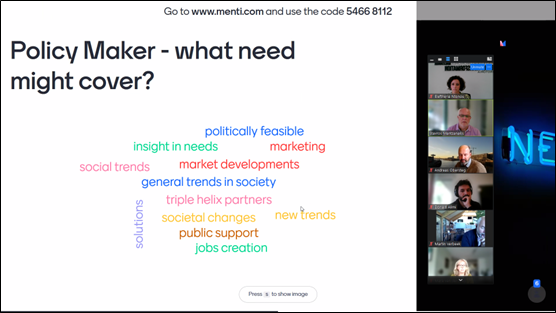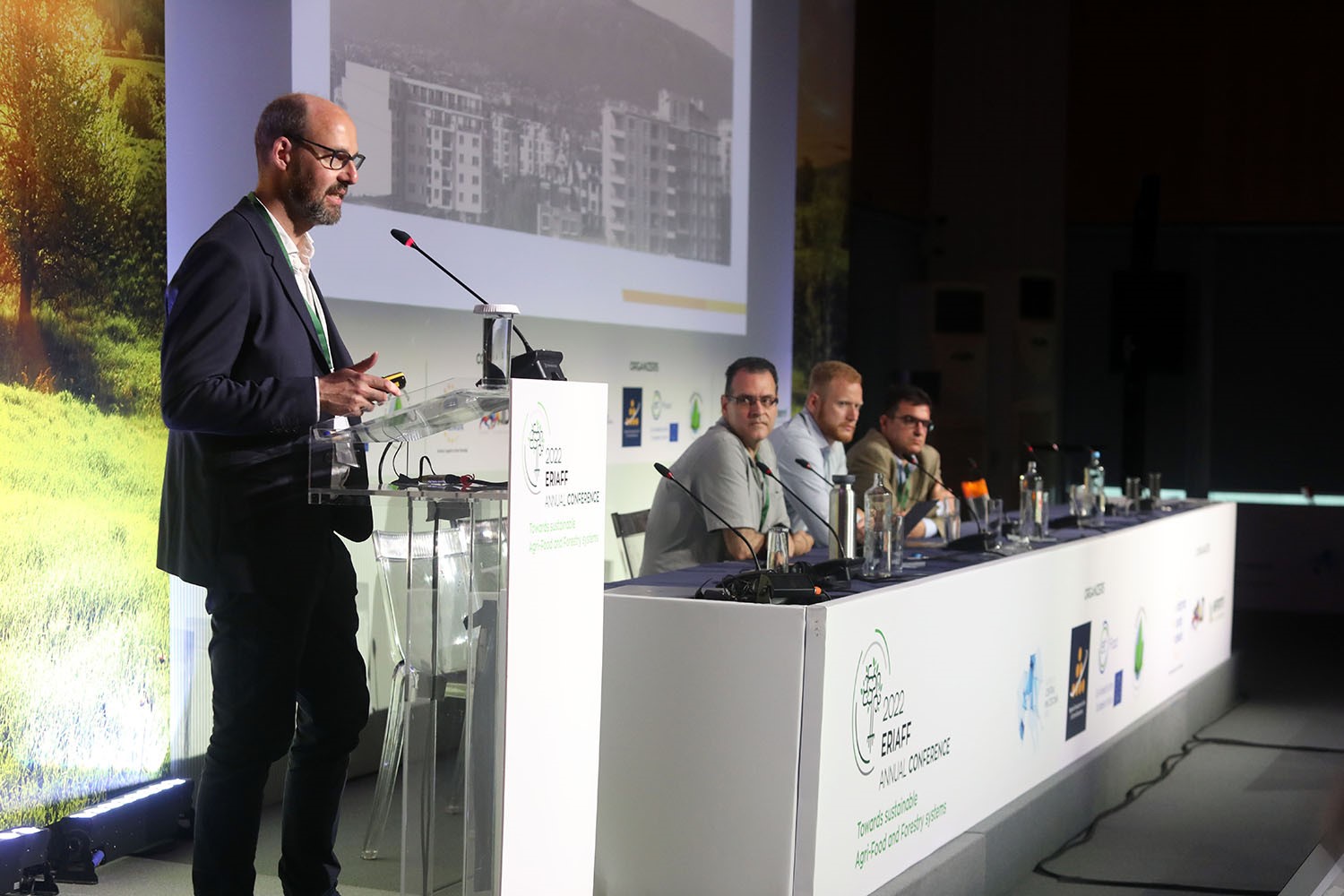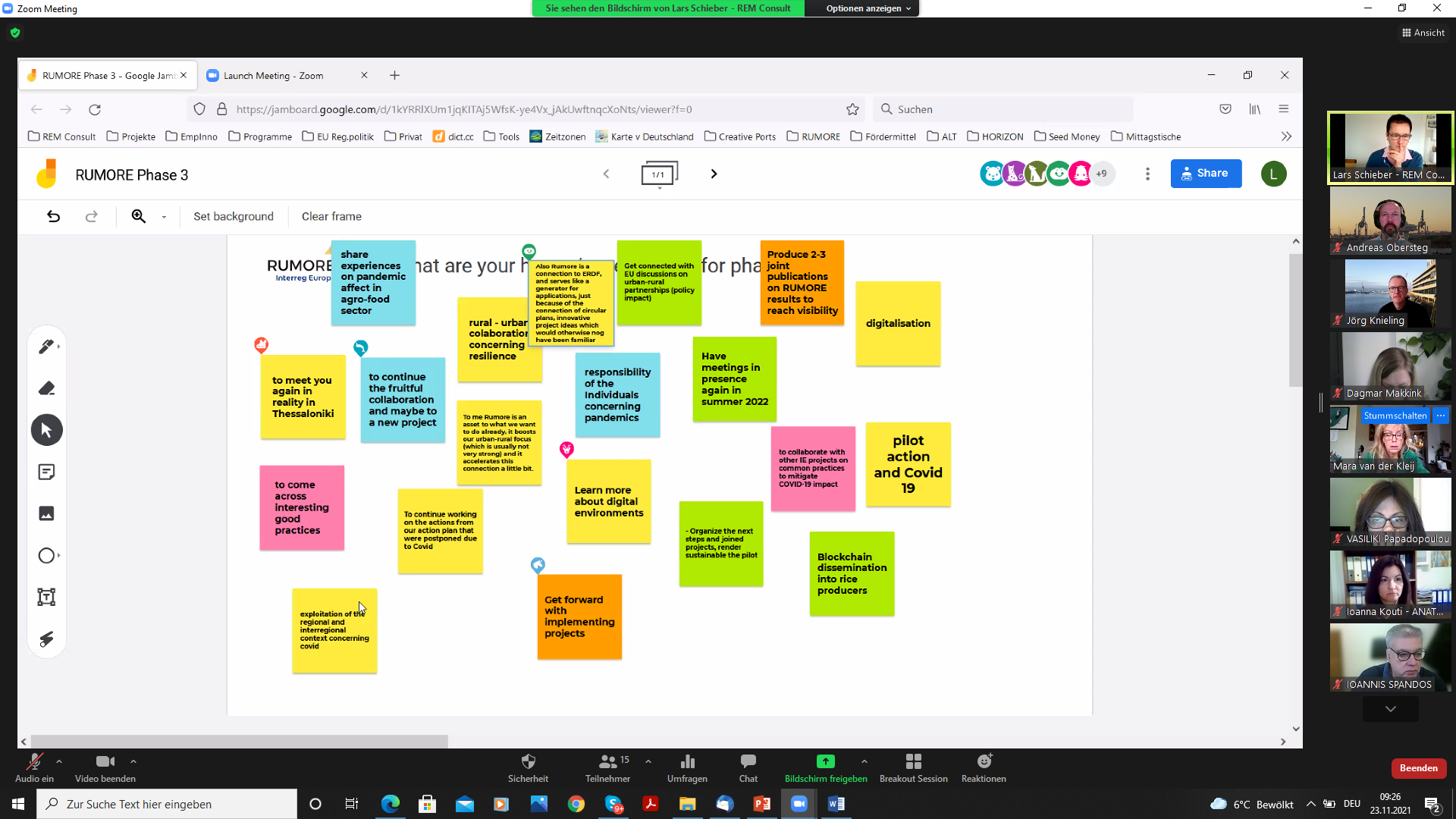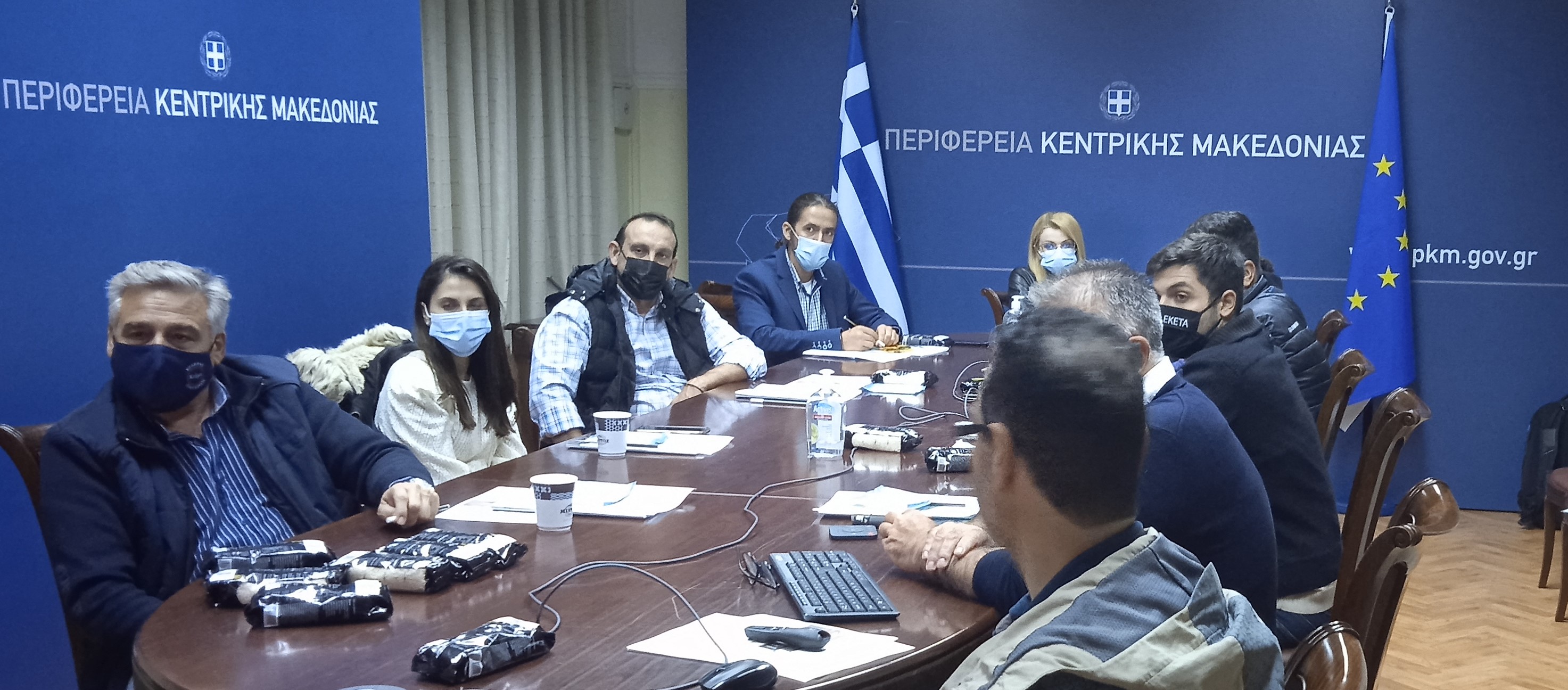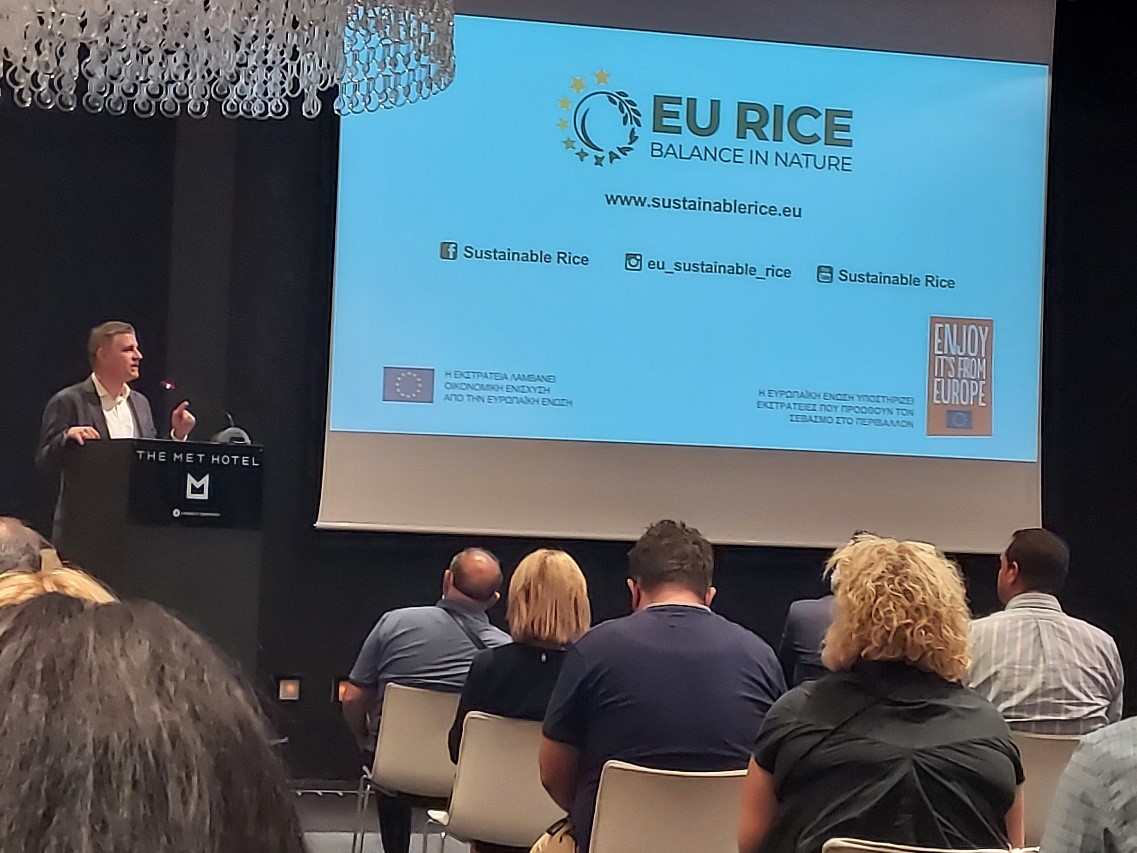The RUMORE project held its second interregional Learning Event on 28th – 29th September 2017 in the Region of Twente, the Netherlands. The event was hosted by the Green Knowledge Portal Twente and the Municipality of Almelo, project leader of the initiative “Agro and Food” from the regional strategy “Green Metropolis Twente”. The meeting fostered the learning from the regional strategy, the exchange of experience between project partners and regional stakeholders and the discussion on Good Practices and innovation approaches in rural areas.
The two-day Learning Event was organized as a living lab. It started with a study visit in the Region of Twente and engaged all participants in a process of learning from real practical examples and approaches for cooperation of public authorities, universities, private businesses and citizens. The participants visited several bottom-up initiatives in the cities Almelo, Goor and Enschede and exchanged on different possibilities to foster innovation in traditional sectors, such as the agro-food sector. In particular, they learnt about the projects “Green and Edible City” and “Biological Knowledge Centre Viermarken”.
The project “Green and Edible City” is a practical example of innovation in rural areas. It fosters the production of food in cities and shows new ways of bringing city residents closer to food producers. The project demonstrates an innovative approach followed in Twente, namely the search for solution of practical challenges through stronger cooperation between public organisations and knowledge and research centres.
Innovation processes in Twente are not restricted to activities carried out by business, but are often a result of small-scale local actions. “Our main focus is to facilitate experimentation through promotion of bottom-up initiatives. The key of our regional actions lies on the targeted support of measures addressing practical problems and generating wider societal benefits”, states Paul Reinerink from the municipality of Almelo. “We are thinking innovation processes in a new demand oriented way. It is the cooperation between actors and the generation and practical testing of new ideas and business models that fosters innovation in our region. There exists huge knowledge in the rural areas of Twente and we see the collection and further development of this knowledge as our major task” says Martin Verbeek from the Green Knowledge Portal Twente. The “Biological Knowledge Centre Viermarken” is an illustrative example of how this happens on the field.
Viermarken is a care farm that functions as a living lab and a test-bed for the generation of new knowledge in the field of organic food production. It does not only serve the workers, handicapped people that are re-integrated in the working market, but also the society, e.g. through providing knowledge and farming and natural experiences for schools, local and regional producers and other interested groups. The Centre combines the social focus with sustainable agro-production and illustrates the importance of more direct involvement and integration of citizens in innovation processes.


Viermarken is a care farm that functions as a living lab and a test-bed for the generation of new knowledge in the field of organic food production. It does not only serve the workers, handicapped people that are re-integrated in the working market, but also the society, e.g. through providing knowledge and farming and natural experiences for schools, local and regional producers and other interested groups. The Centre combines the social focus with sustainable agro-production and illustrates the importance of more direct involvement and integration of citizens in innovation processes.
Following the study visit, the second day of the meeting was dedicated to internal project work. This included presentations of policy instrument improvement, exchange on Good Practices from the partner regions and discussions in the three Working Groups. In particular, the participants discussed on how to “convince“ rural and urban actors to network and work on common themes and how to best reach target groups and mobilise innovation actors for using policy instruments.

